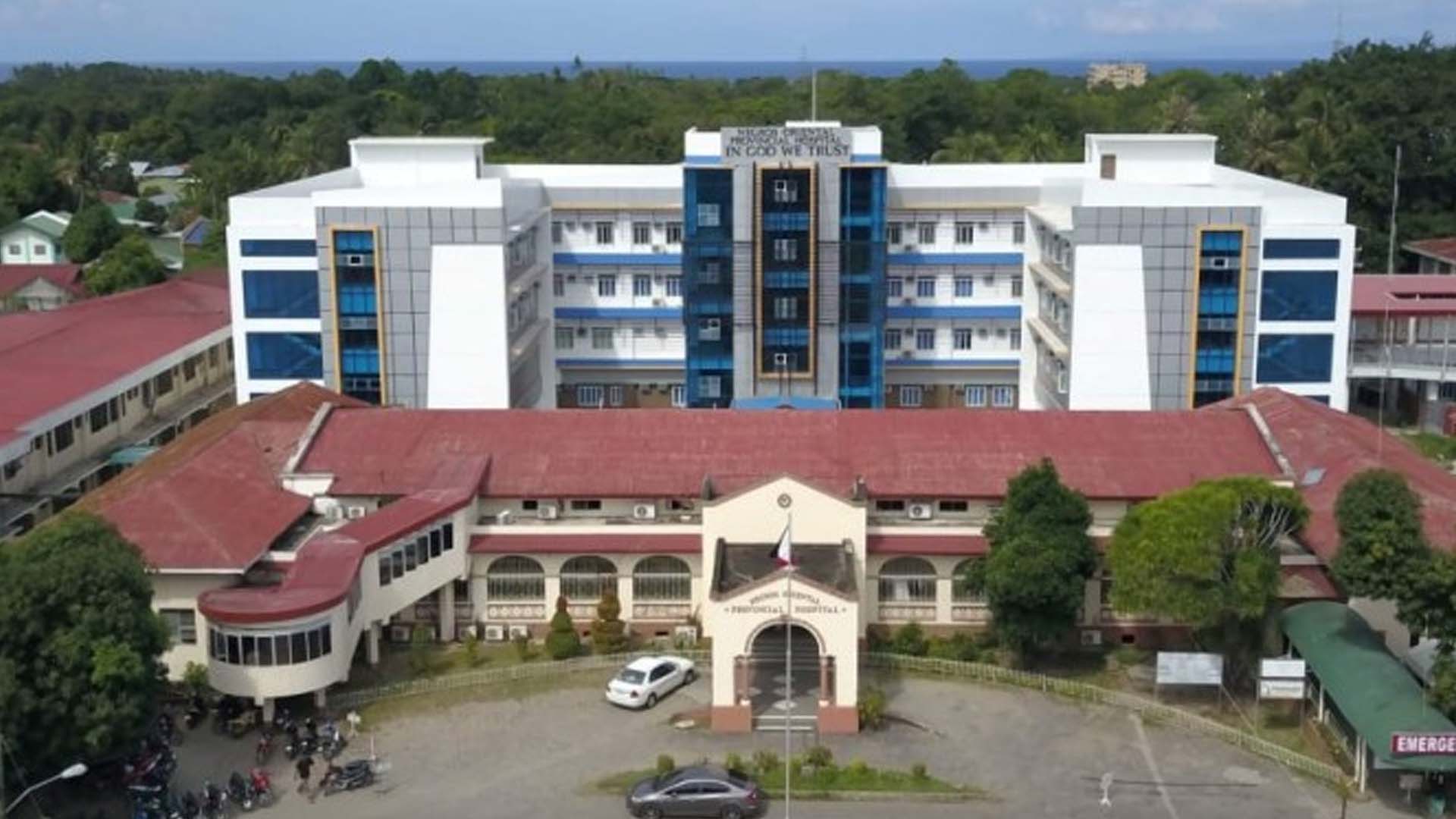Negros Oriental will soon have a new dialysis center building with a PHP 100 million allocation, boosting the provincial government’s aim to treat more kidney patients living in and outside the province.
Dr. Liland Estacion, Provincial Health Office (PHO) chief, said Thursday the allocation includes the procurement of more dialysis machines to cater to more than 200 patients currently being served daily.
“With the upgrading of facilities and services, the NOPH dialysis center can cater to more patients, especially indigents, and we hope we can do that before the end of the year,” she said.
To date, there are 30 dialysis machines at the NOPH and the provincial government will procure 30 more for the new building which will rise at the NOPH compound, she said.
Estacion said they are accommodating as many dialysis patients as possible each day at the NOPH with a lower fee compared to that of private hospitals.
More than 200 patients seeking dialysis treatment go to the NOPH each day, she said, adding that this would eventually increase as soon as more dialysis units arrive.
Many of these patients come from the towns and cities outside of this capital as NOPH is the only government-owned hospital in Negros Oriental that has dialysis machines, she added.
Meanwhile, Gov. Manuel Sagarbarria has assured Negrenses to procure the additional dialysis machines sooner although the capitol is still looking for a supplier that offers less expensive ones.
The governor said the upgrading of the NOPH dialysis center, which he hopes to be completed this year, is in line with the pronouncement of President Ferdinand Marcos Jr. during his State of the Nation Address (SONA) to provide free dialysis for all.
Sagarbarria said such may not be possible for Negros Oriental at the moment, but they are hoping to bring down the fees to as low as PHP200 to PHP250 per session through the Malasakit Center.
“We are still awaiting guidelines regarding the President’s free dialysis for all programs,” he said.
NOPH’ currently charges a patient PHP2,600 per session, which is what PhilHealth covers, he added. (PNA)





















